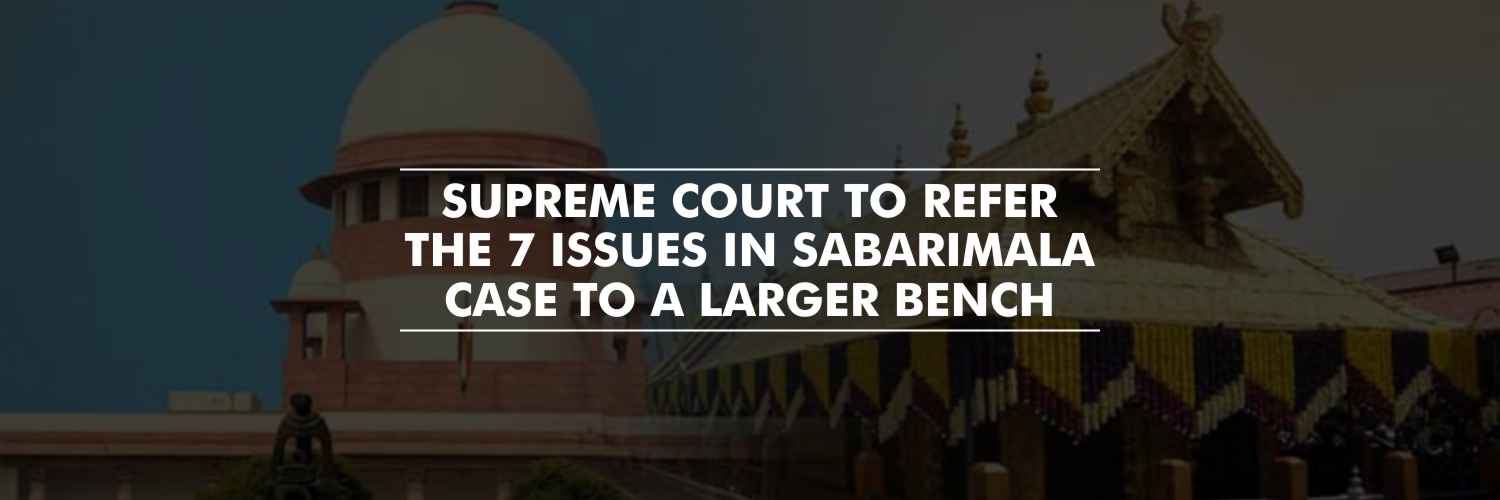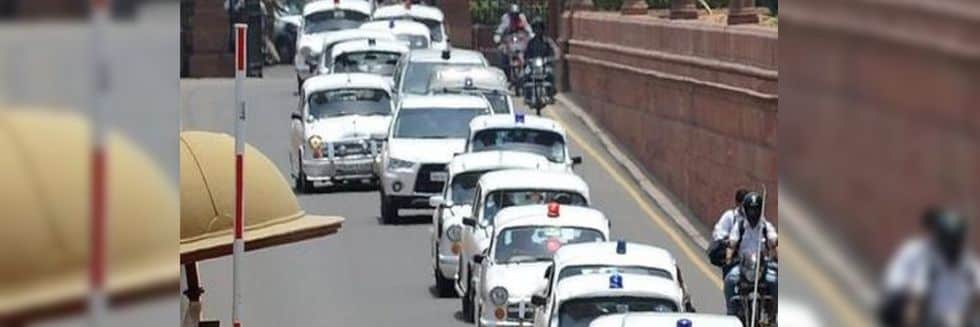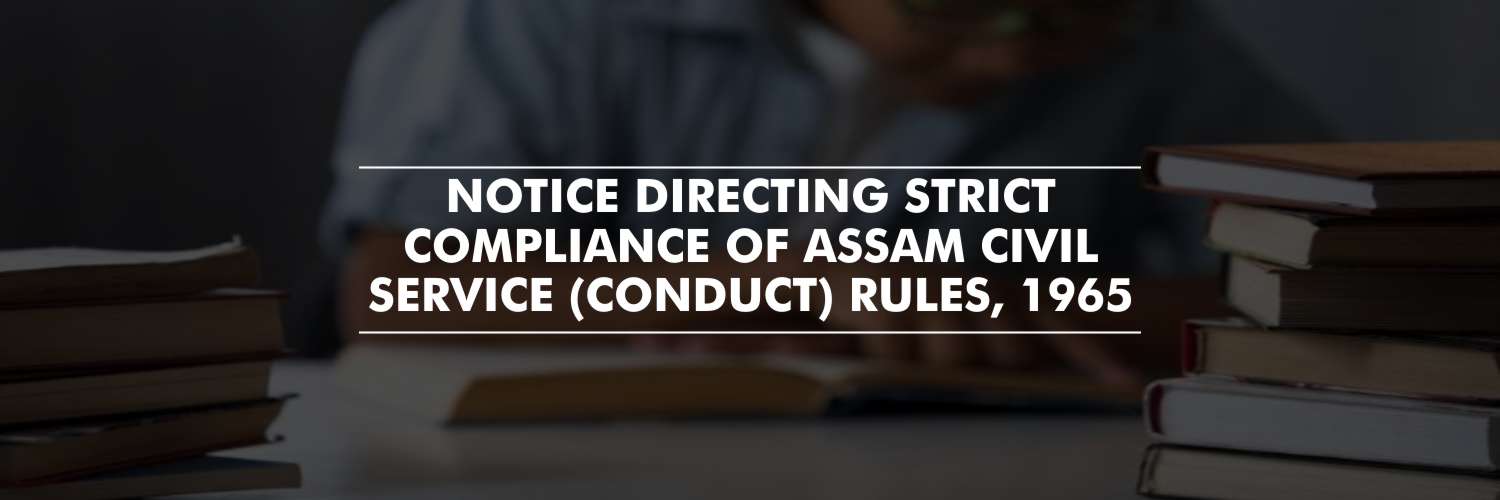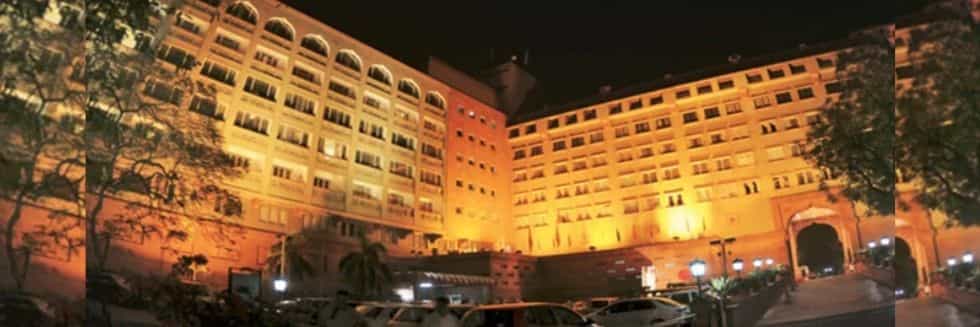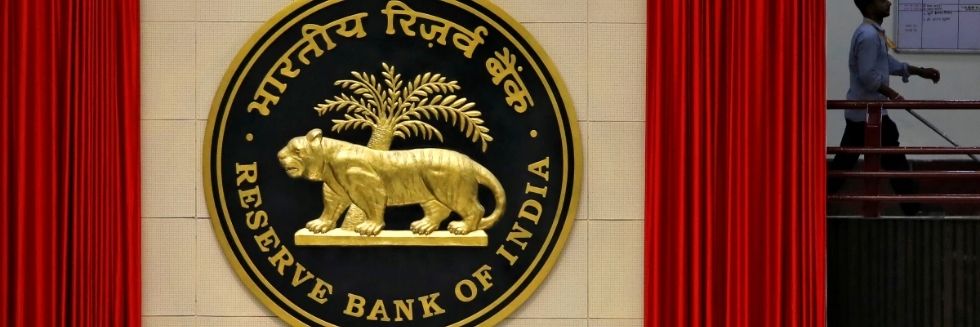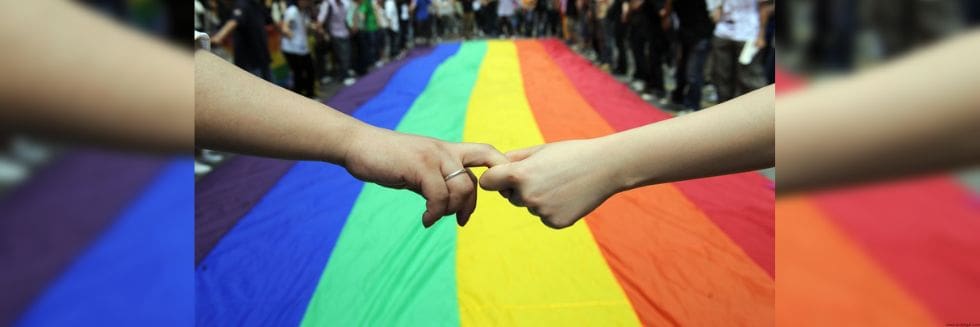The 9-judge bench of Supreme Court constituted by the honorable apex court which includes Chief Justice of India SA Bobde, Justices R Banumathi, Ashok Bhushan, L Nageshwara Rao, Mohan M Shantanagoudar, S Abdul Nazeer, R Subhash Reddy, B R Gavai, and Surya Kant are to consider the seven newly framed issues in the Sabarimala review order, on larger questions of law, including the ambit of freedom of religion under the Constitution given the women’s entry to Sabarimala, mosque as wells as the practice of female genital mutilation among Dawoodi Bohras.
The following seven issues will be heard by a nine-judge bench:
- What is the scope and ambit of the right to freedom of religion under Article 25 of the Constitution of India?
- What is the interplay between the individual rights granted under Article 25 of the Constitution of India and rights of religious denomination under Article 26 of the Constitution of India?
- Whether the rights of a religious denomination under Article 26 of the Constitution of India is subject to other provisions of Part III of the Constitution of India apart from public order, morality and health?
- What are the scope and extent of the word ‘morality’ under Articles 25 and 26 of the Constitution of India and whether it is meant to include Constitutional morality?
- What is the scope and extent of judicial review concerning religious practice as referred to in Article 25 of the Constitution of India?
- What is the meaning of expression “Sections of Hindus” occurring in Article 25 (2) (b) of the Constitution of India?
- Whether a person not belonging to a religious denomination or religious group can question a practice of that religious denomination or religious group by filing a PIL?
Earlier, on 14 November, a 5-judge bench headed by the then Chief Justice of India Ranjan Gogoi observed a 3:2 majority citing that certain issues in the Sabarimala review were common to the pending cases concerning women entry in Mosques, the validity of the practice of Female Genital Mutilation among Dawoodi Bohra community and the right of Parsi women who had married outside community to enter Fire Temples. The issues raised in the order include:
- Regarding the interplay between the freedom of religion under Articles 25 and 26 of the Constitution and other provisions in Part III, particularly Article 14.
- What is the sweep of expression ‘public order, morality and health’ occurring in Article 25(1) of the Constitution?
- The expression ‘morality’ or ‘constitutional morality’ has not been defined in the Constitution. Is it overarching morality about preamble or limited to religious beliefs or faith? There is a need to delineate the contours of that expression, lest it becomes subjective.
- The extent to which the court can inquire into the issue of a particular practice is an integral part of the religion or religious practice of a particular religious denomination or should that be left exclusively to be determined by the head of the section of the religious group.
- What is the meaning of the expression ‘sections of Hindus’ appearing in Article 25(2)(b) of the Constitution?
- Whether the “essential religious practices” of a religious denomination or even a section thereof is afforded constitutional protection under Article 26.
- What would be the permissible extent of judicial recognition to PILs in matters calling into question religious practices of a denomination or a section thereof at the instance of persons who do not belong to such religious denomination?
Subsequently, on 7 January, the Supreme Court notified for the constitution of a 9-judge bench to consider the issues and further on 13 January, the honorable apex court asked the lawyers to have a conference for re-framing the issues stating that the 7 questions raised in the order passed by the Sabarimala review bench were too broad. However, on failure to reach common ground regarding the issues, on 6 February, the bench agreed to consider the preliminary issue of maintainability of reference.
Senior advocate Indira Jaising had told the bench that the court may refer the questions even at a review stage but added that the scope of the hearing will be different. However, senior counsel Rajeev Dhavan stated that a review lies only when the court finds that there is an error on record, but observed that no error has been pointed out in the main judgment in the Sabarimala case.
While Article 25 of the Indian Constitution provides for Freedom of conscience and free profession, practice, and propagation of religion, Article 26 provides for Freedom to manage religious affairs Subject to public order, morality, and health, every religious denomination or any section thereof shall have the rights provided in the Article.
